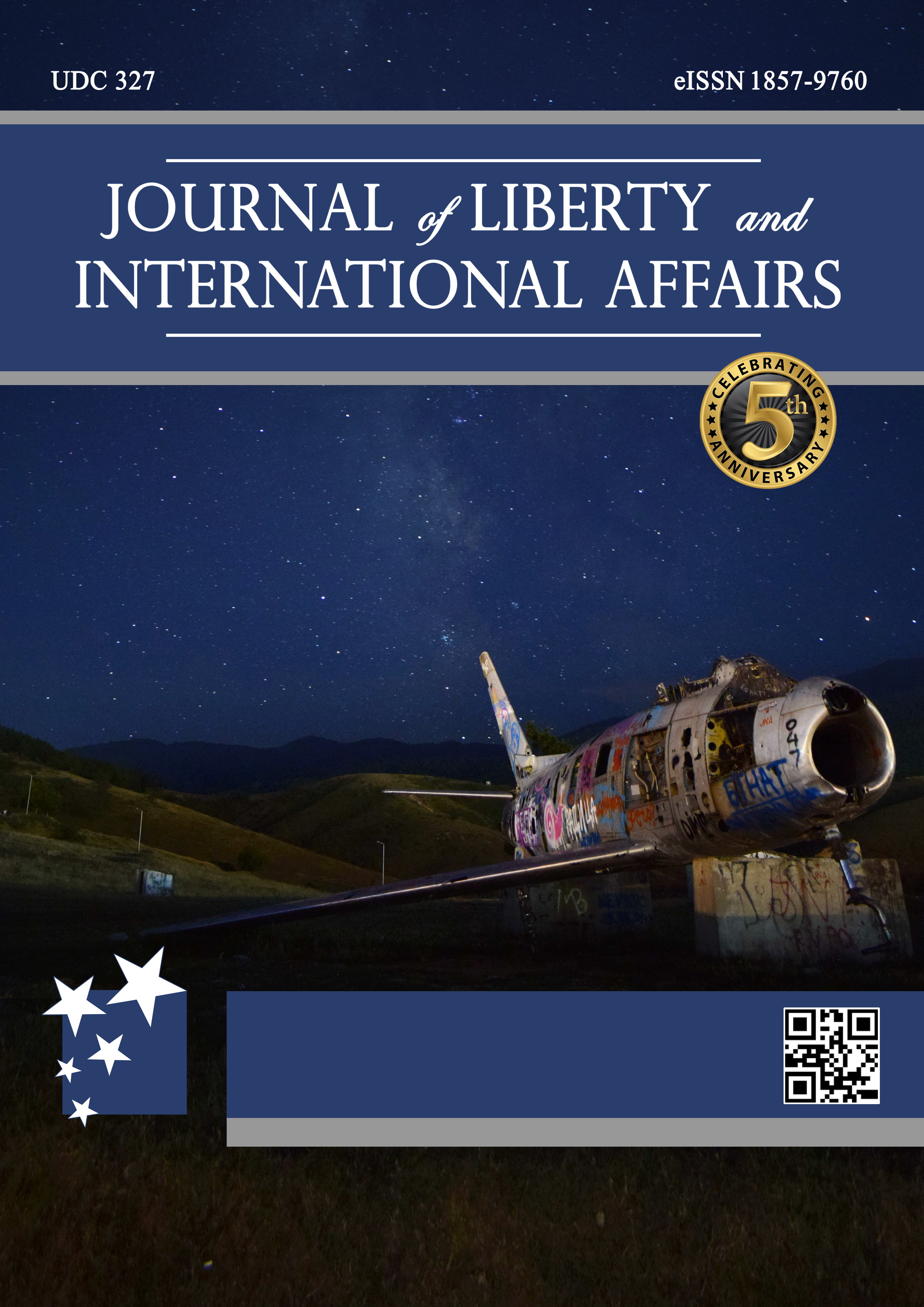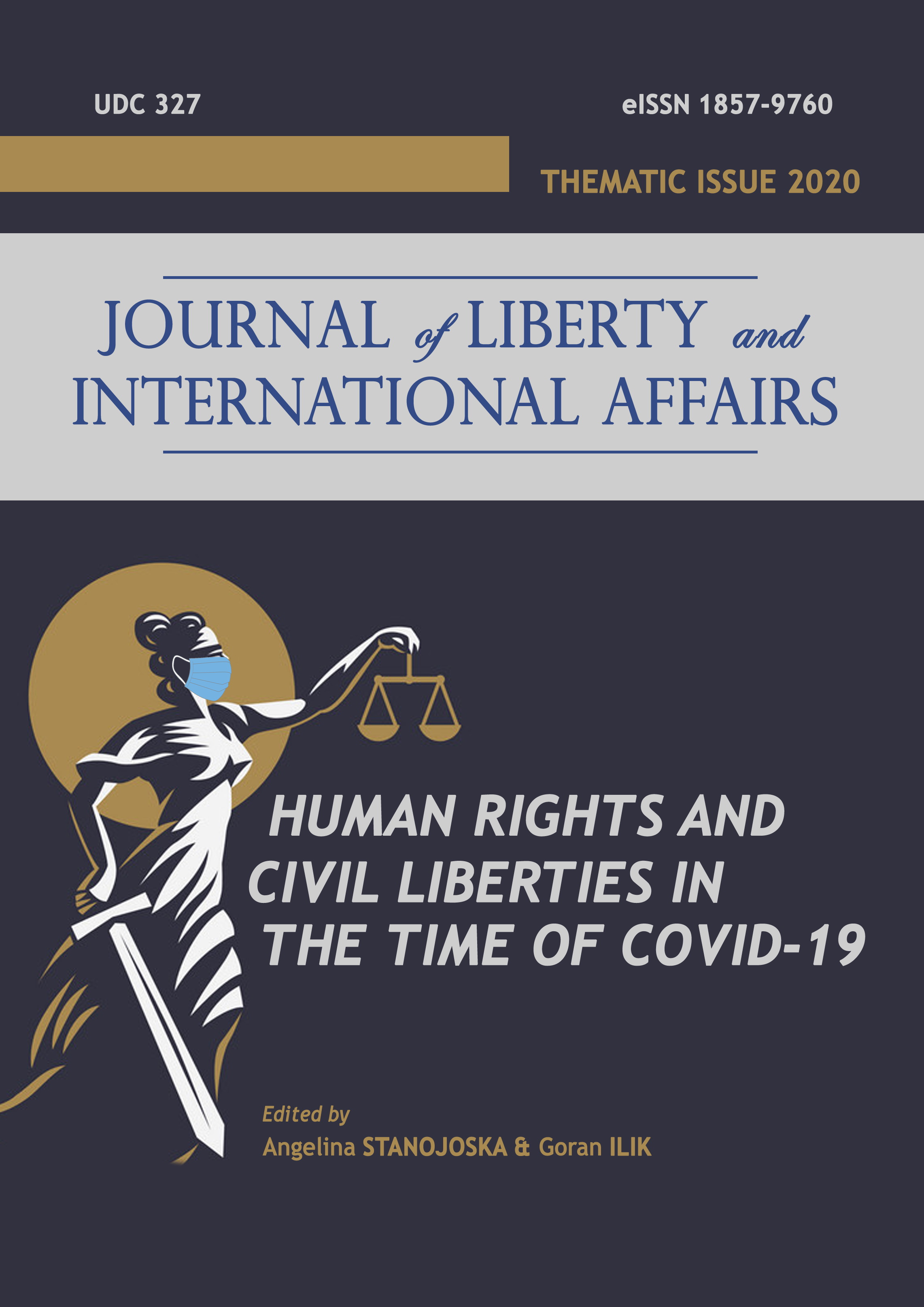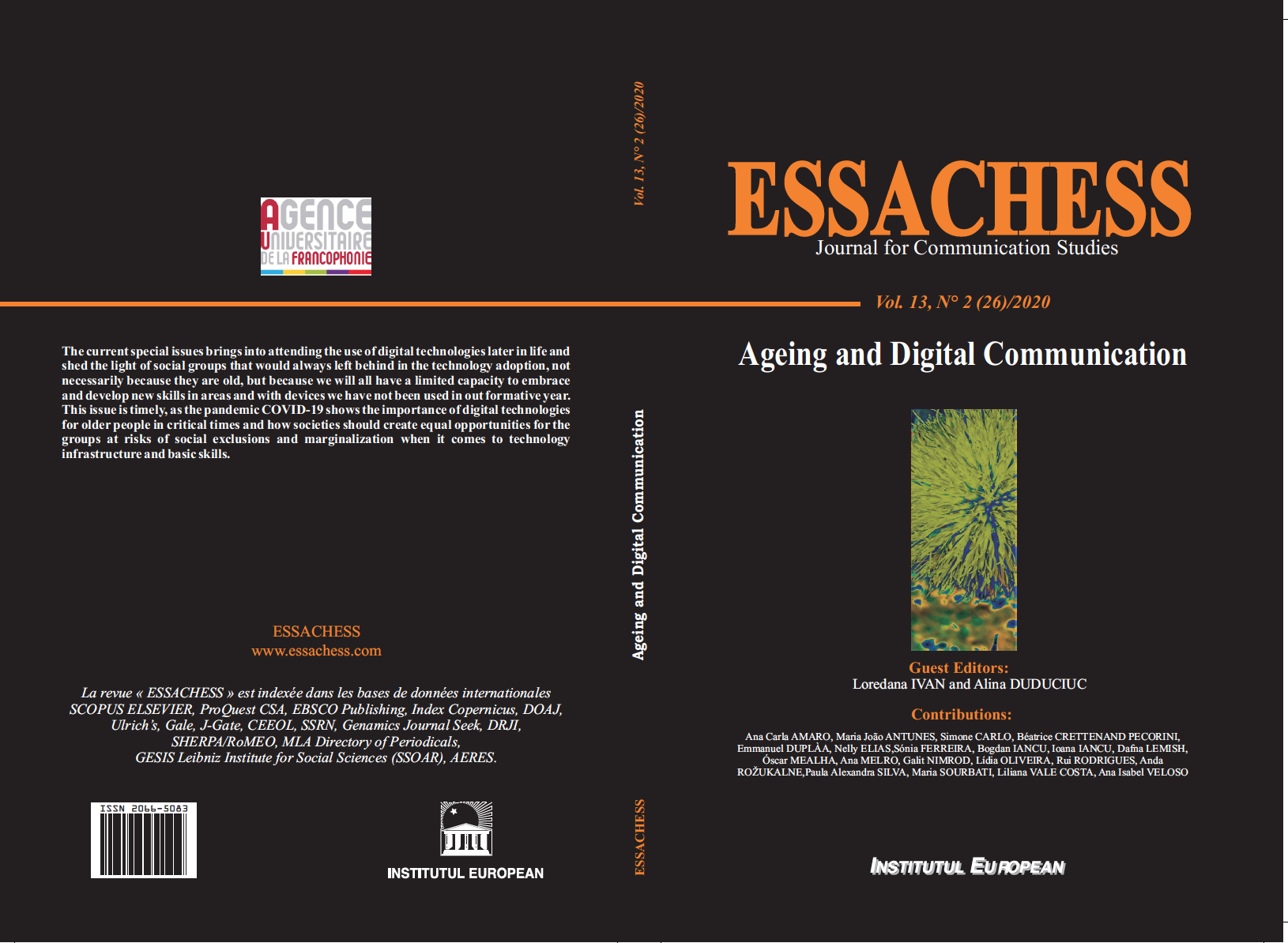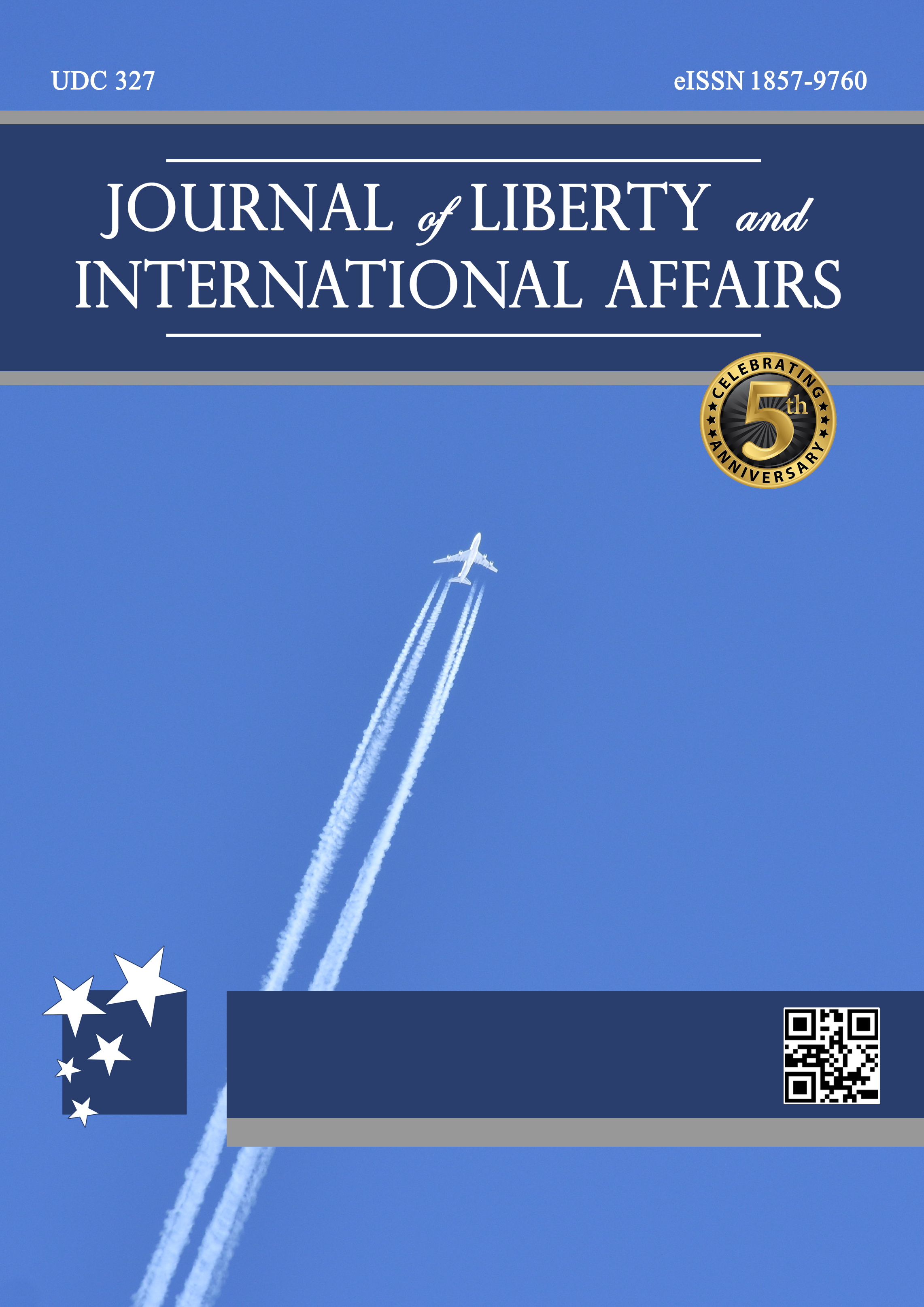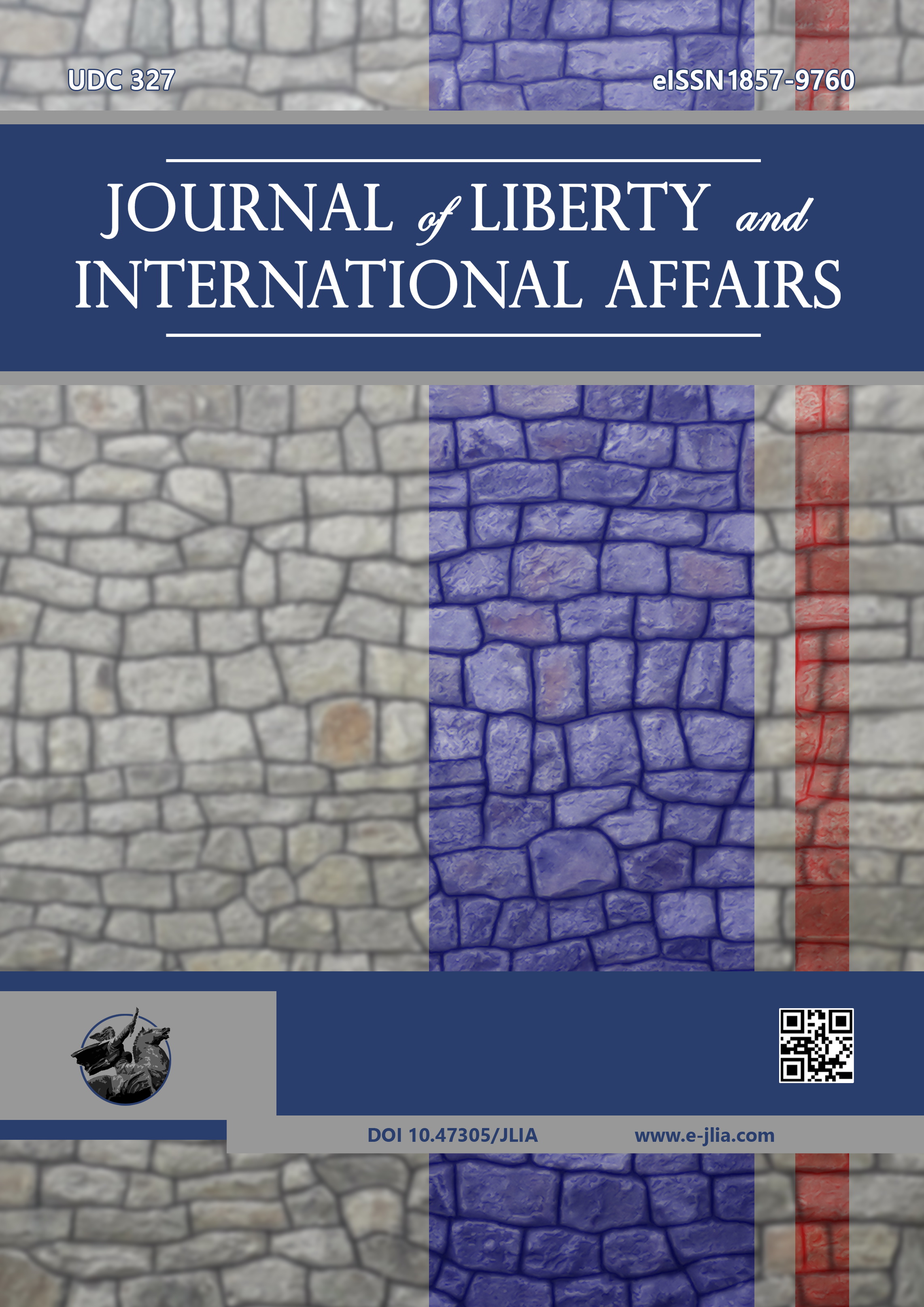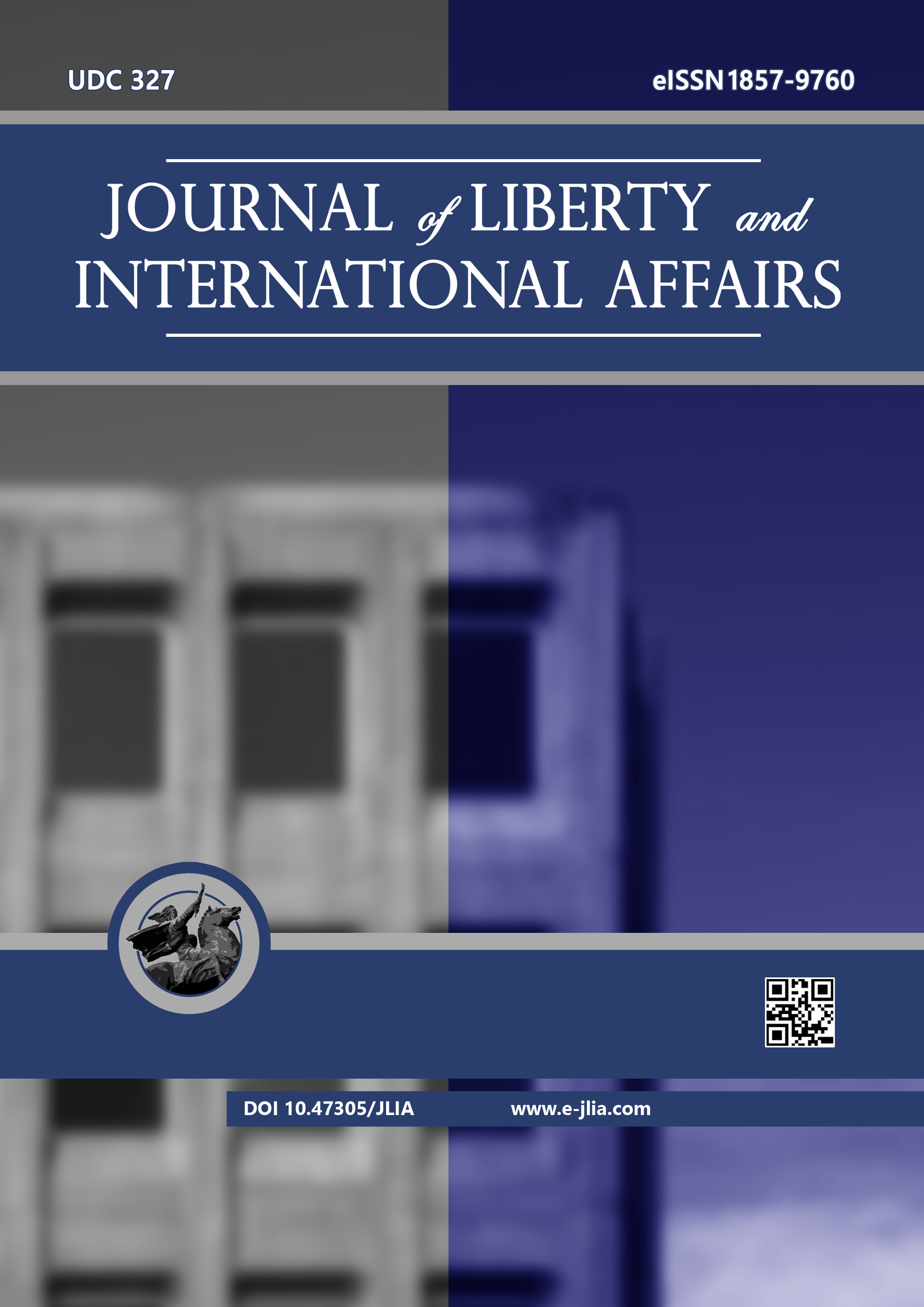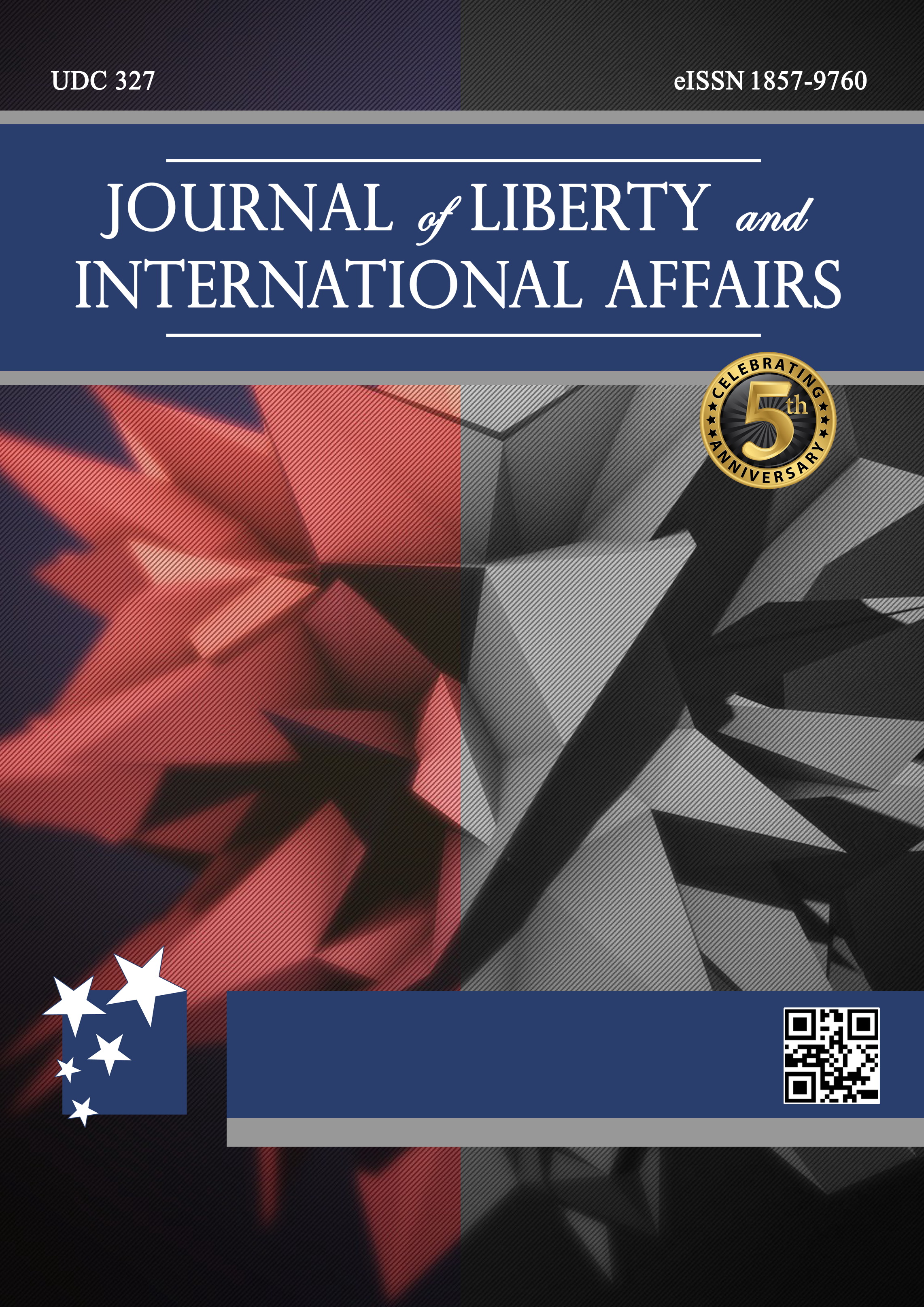
DRUG TRAFFICKING IN WEST AFRICA BORDERLANDS: FROM GOLD COAST TO COKE ACOST
Drug trafficking has become the new threat to the economic and political stability of the West Africa sub-region; by virtue of its new toga as the new transit hub for drug trafficking. 80% and 13% of seizures in cocaine transhipment annually of 60 – 250 tons to Europe and globally respectively, passes the West African maritime borderlands/coast. The informal economy based on drugs has replaces over $400 million contribution to the region’s GDP from fishing. The impacts of drug trafficking had had a long negative toll on the institutions of the states and state-building infrastructure in the region. Besides, intra-states conflicts, drug money and activities had exacerbated state failure in the region; notably in Guinea-Bissau, Mali, Guinea, etc. The West African Coast Initiative is making crawling impacts. Although, still in its pilot phase, it had enhanced coordination of intelligence in the region on drug trafficking and organized crime. However, it is still short of fundamentally addressing obvious policy gap, due to its lack of clear focus; plus, being only operational in just five West African states. This paper identified absence of comprehensive maritime coordination policy against drug trafficking in West Africa as the bane of the surge. Therefore, a tripartite approach, based on state, regional and global levels policy restructuring in the region is required.
More...
